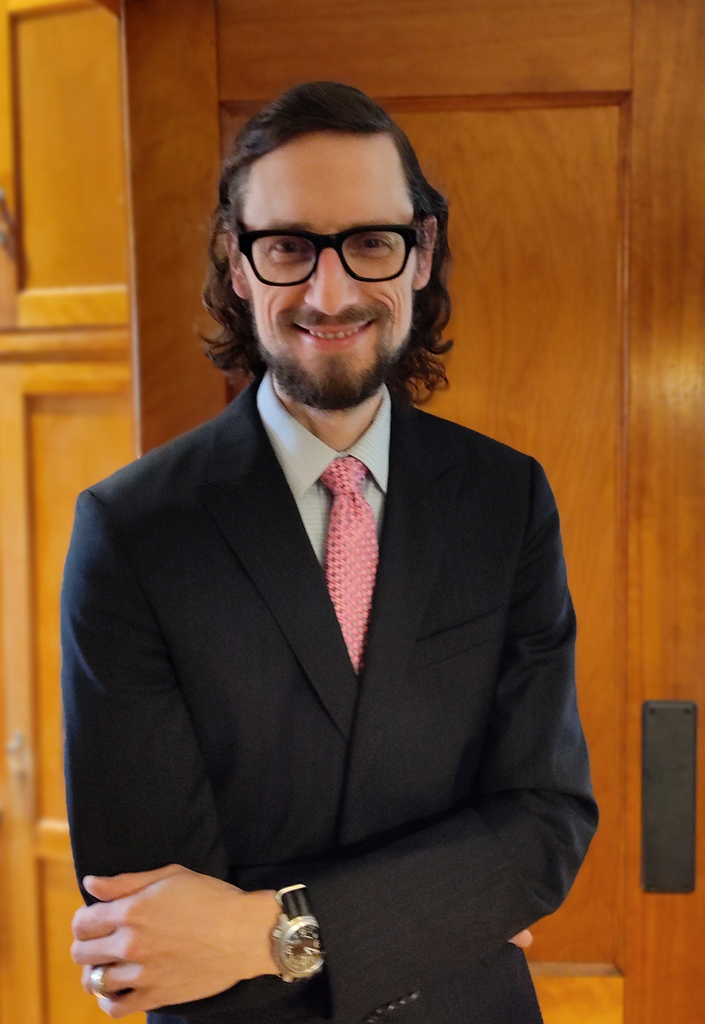What sort of legal rights does a patent provide to a patent holder? This article explains what exclusive rights arise from patents. It also addresses a common misconception about the scope of patent rights.
The Right to Exclude
In the simplest terms, patent rights are about the right to exclude others. A patent provides a limited monopoly over an invention in a particular jurisdiction. The scope of rights in any given patent will depend on the scope of the claims in that patent, which define the specific invention that is patented, as well as scope of monopoly rights granted under the patent laws of the relevant jurisdiction. Patent rights are territorial. They provide enforceable rights only in a particular country (or regional group of countries). Patent rights also only last for a limited period of time, called term. At the end of their term they expire and the patented invention can then be freely practiced by others.
Under U.S. patent law, a patent gives the holder exclusive rights to make, use, offer to sell, sell, or import the patented invention. Put another way, anyone who does any of these things with the patented invention—or some other related but more indirect things—can be liable as an infringer.
The exclusive rights provided by patents can be significant. In the absence of a patent (or other intellectual property right, like copyright), a product or service that is being sold or offered commercially can generally be copied by others. But patents are only awarded for inventions that meet the requirements for patentability.
Not a Right to Practice an Invention
A common misconception about patent rights is assuming that having a patent provides an affirmative right to practice the patented invention. This is actually not true. A patent provides only a right to exclude others from practicing the claimed invention. But it is possible that someone else has a prior patent that also covers some aspect of the invention. In that case, the earlier patent can be called a blocking patent. A later invention might still be patentable as an improvement. But that later patent can be called a subordinate patent. That is because practicing it requires rights to the blocking patent during the blocking patent’s term.
Take the following simple example. A first person invents and patents a bucket. Later, another person invents and patents an improved bucket with a handle. The addition of the handle made the second invention patentable. And the later patent about the handle prevents the first inventor from adding a handle to buckets. But the earlier patent on the bucket itself prevents the second inventor from selling buckets with handles during the term of the earlier inventor’s blocking patent without a license.
Of course, it is also possible that there are laws completely unrelated to patents that prohibit selling or using a patented invention. For instance, local health & safety laws, building codes, or the like might prohibit certain things that would be necessary to sell or use an invention. Having a patent does not exempt the patentee from complying with those other laws.

Austen Zuege is an attorney at law and registered U.S. patent attorney in Minneapolis whose practice encompasses patents, trademarks, copyrights, domain name cybersquatting, IP agreements and licensing, freedom-to-operate studies, client counseling, and IP litigation. If you have patent, trademark, or other IP issues, he can help.
